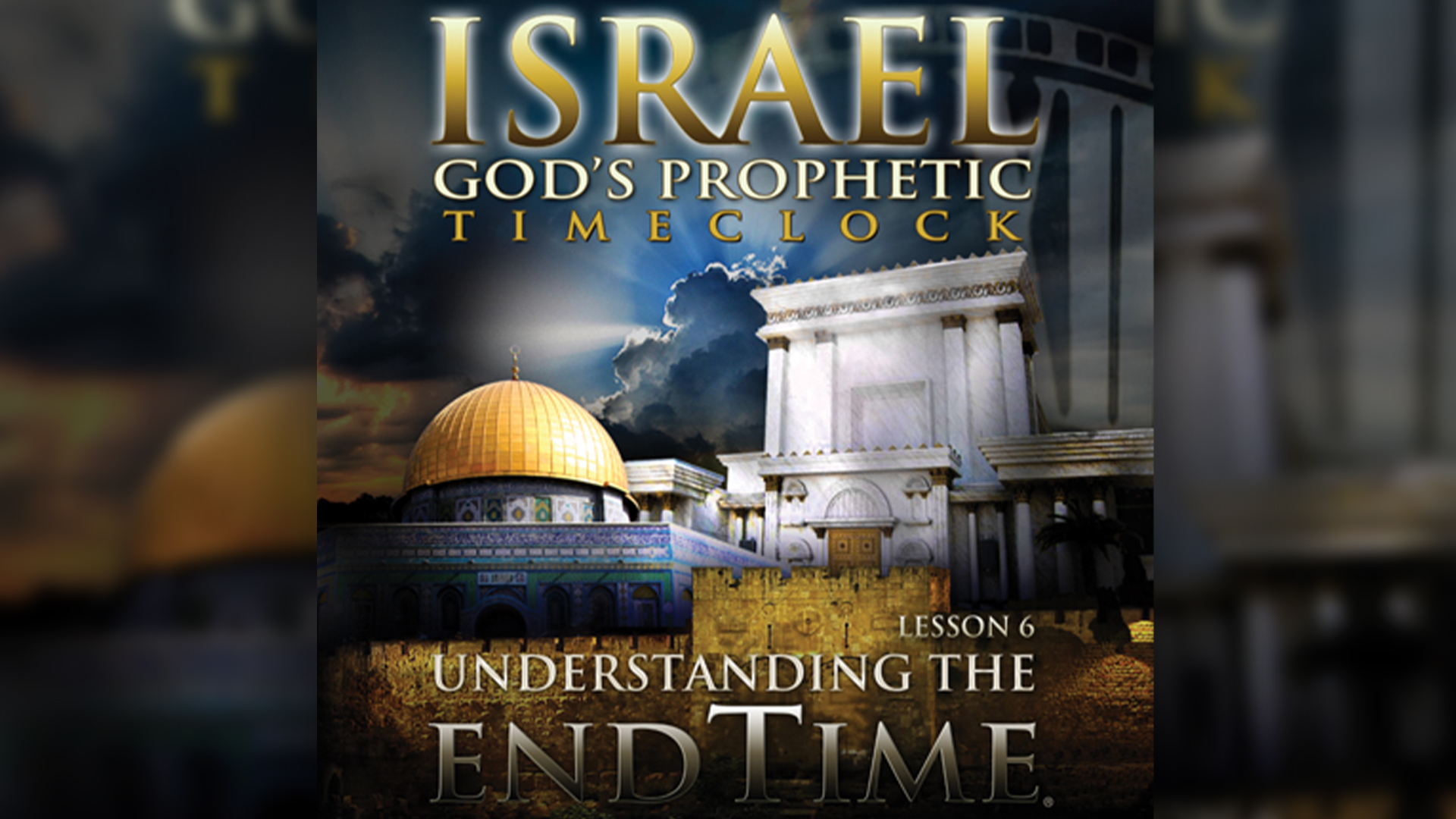

The rapture is God’s removing of His people from the earth. It states that all living believers, along with all believers who have died, will meet the Lord Jesus in the air and will be with Him forever. The primary Scripture passage on the rapture is 1 Thessalonians 4:13-18. While this does not necessarily indicate that the church could not also be present, it does bring into question why the church would need to be on the earth during that time. The seventieth seven, the tribulation, must also be a time when God deals specifically with Israel. It is a time period in which God focuses His attention especially on Israel. Daniel’s entire prophecy of the seventy sevens (Daniel 9:20-27) is speaking of the nation of Israel. According to Daniel 9:27, there is a seventieth “seven” (seven years) that is still yet to come. Instead, they will go through the tribulation.First, it is important to recognize the purpose of the tribulation. The Post-tribulation rapture view proposes a single return of Christ where there is, more or less, a simultaneous return of Christ and the rapture of the saints.įinally, there is partial rapture theory in which Christians who are living a sanctified life will be raptured, but those Christians who are not living a sanctified life, backsliders, will not be raptured. It also proposes a visible return of Christ at the end of the seven-year period. Like pre-tribulation theory, it proposes a first, secret return of Christ, in this case at the 3 1/2 year mark of the seven your jubilation. The mid-tribulation view also proposes two returns of Christ. Again, this view is primarily held among premillennialists. The Pre-tribulation rapture view essentially proposes two returns of Christ: one at the beginning of the tribulation to gather the saints and another return of Christ at the end of the tribulation in order to set up the millennial kingdom and judge the wicked.

However, this dispute is primarily held among the premillennialists who are looking forward to a literal, future 1000 year reign of Christ that is preceded by the seven-year tribulation. Will it be before the tribulation, in the middle of the tribulation, or at the end of the tribulation? These basic differences of opinion, each have subdivisions.

The disagreement is in regard to when the rapture will occur. There’s a great deal of disagreement among Christians regarding the timing of the rapture as it relates to the Tribulation period which is commonly held to be seven years long (Daniel 12:1 Matthew 24:15–31 Revelation 7:14). 1 Corinthians 15:51–52, “Behold, I tell you a mystery we will not all sleep, but we will all be changed, 52 in a moment, in the twinkling of an eye, at the last trumpet for the trumpet will sound, and the dead will be raised imperishable, and we will be changed.”.3 “If I go and prepare a place for you, I will come again and receive you to Myself, that where I am, there you may be also.” 2 “In My Father’s house are many dwelling places if it were not so, I would have told you for I go to prepare a place for you. John 14:1–3, “Do not let your heart be troubled believe in God, believe also in Me.17 Then we who are alive and remain will be caught up together with them in the clouds to meet the Lord in the air, and so we shall always be with the Lord.” 4:16:17, “For the Lord Himself will descend from heaven with a shout, with the voice of the archangel and with the trumpet of God, and the dead in Christ will rise first. The scripture used for this teaching is found in the writings of Paul. In other words, at Christ’s return, those who have died in the faith meet the Lord in the air, and then the Christians who are on earth are taken up into the heavens to meet Christ. They will be resurrected and join Christ in the heavens prior to those who are raptured. This latter term “died in Christ” refers to those faithful Christians who have already passed away. However, those who are alive and remain on the earth at the time of Christ’s return, will not proceed those who have died in Christ. The Rapture (from the Latin ‘rapio’ to seize, to carry away) is the term used to describe the eschatological event where Christians are caught up into the heavens to meet the Lord Jesus.


 0 kommentar(er)
0 kommentar(er)
